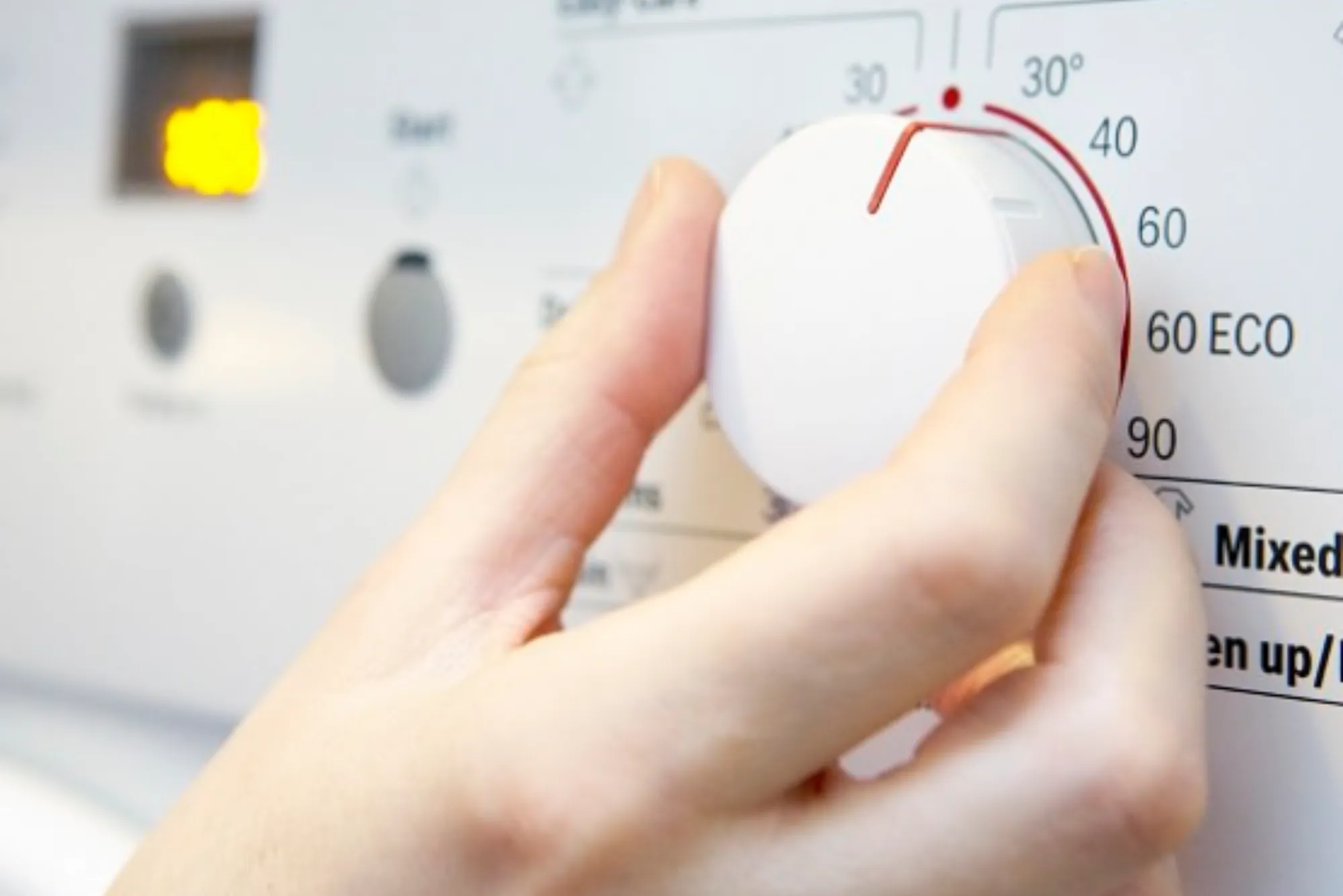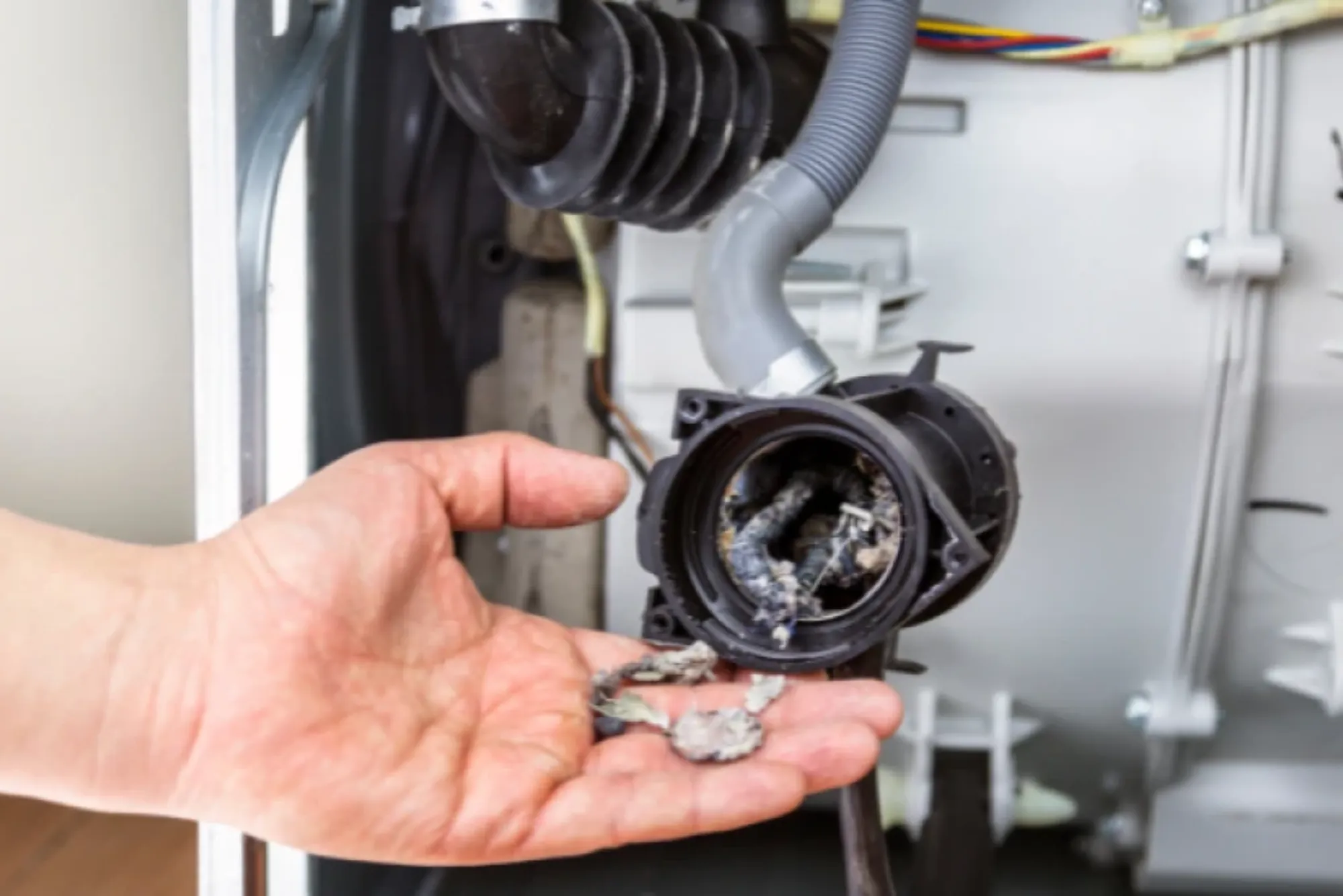The Importance of Consistent Water Temperature in Your Washing Machine
Washing machines have become an indispensable part of our daily lives, saving us time and effort in the laborious task of cleaning our clothes. However, we often take these appliances for granted until they break down or fail to deliver the expected results. One critical factor that contributes to the performance of your washing machine is maintaining a consistent water temperature. In this article, we will delve into the significance of the water temperature in your washer and why it’s crucial to ensure it remains steady.
Why does water temperature matter?
Water temperature plays a pivotal role in how effectively your washing machine cleans your clothes. Different types of stains and fabrics require varying water temperatures to achieve optimal results. Understanding when and why to use hot, warm, or cold water can make a significant difference in the outcome of your laundry.
Hot Water
Hot water, typically above 130°F (54°C), is ideal for whites and heavily soiled garments. It is effective at removing grease, oil, and stubborn stains. Hot water also aids in sanitizing your clothes, making it essential for items like bed linens and undergarments.
Warm Water
Warm water, ranging from 90°F to 110°F (32°C to 43°C), is suitable for most colored fabrics and moderately soiled clothes. It strikes a balance between cleaning power and protecting the integrity of your garments.
Cold Water
Cold water, around 60°F (15°C), is gentle on delicate fabrics and helps prevent color fading. It’s also the most energy-efficient option, as it doesn’t require heating. Cold water works well for lightly soiled items and is ideal for dark-colored clothing.
Consistency Is Key
The key to achieving the best laundry results is maintaining a consistent water temperature throughout the washing cycle. Fluctuations in temperature can lead to uneven cleaning, detergent ineffectiveness, and even damage to your clothes. Here are some reasons why consistency matters:
Stain Removal
Stains vary in their chemical composition and the temperature at which they can be effectively removed. Consistent water temperatures ensure that the detergent’s enzymes and chemicals work optimally to break down and remove stains.
Detergent Activation
Detergents are formulated to be most effective at specific temperatures. Inconsistent water temperatures can cause detergents to activate prematurely or not at all, resulting in less effective cleaning.
Fabric Care
Sudden temperature changes can be harsh on your clothes, leading to shrinkage, color fading, and wear and tear. Consistency in water temperature helps maintain the integrity of your garments.
Let’s Repair Your Washing Machine Hafixer.
Washing machines are the unsung heroes of our daily lives, tirelessly cleaning our clothes and linens. However, like any other appliance, they are susceptible to wear and tear over time. When your trusty washing machine starts to show signs of trouble, it’s crucial to address the issues promptly. Here’s why washing machine repair is essential and how it can keep your appliance in prime condition.
Factors That Affect Water Temperature
To maintain a consistent water temperature, you need to be aware of the factors that can influence it. Here are some key considerations:
Inlet Valve
The inlet valve in your washing machine controls the flow of hot and cold water into the drum. Over time, this valve can become clogged with mineral deposits or debris, affecting the water temperature. Regularly inspect and clean the inlet valve to ensure it functions correctly.
Water Heater
If your washing machine has a water heater, it’s essential to check its functionality. Sediment buildup in the water heater can impede its ability to heat water, resulting in temperature inconsistencies. Follow the manufacturer’s guidelines for cleaning or servicing the water heater.
Plumbing and Water Supply
The plumbing in your home and the quality of the water supply can also affect the temperature of the water entering your washing machine. Ensure that your plumbing system is in good condition and that there are no leaks or restrictions in the water supply lines.
DIY Maintenance Tips
You can take proactive steps to maintain a consistent water temperature in your washing machine.
1. Cleaning the Inlet Valve
Regularly inspect and clean the inlet valve by turning off the water supply, disconnecting the hoses, and removing any debris or mineral buildup. This simple task can significantly improve your washing machine’s performance.
2. Water Heater Maintenance
If your machine has a water heater, flush it periodically to remove sediment and mineral deposits. Refer to your machine’s manual for specific maintenance instructions.
3. Plumbing Checks
Examine your home’s plumbing system and water supply lines for any issues. Ensure that there are no leaks, kinks, or blockages in the water supply lines.
Seeking Professional Help
While DIY maintenance can address many issues, some problems may require professional intervention. If you notice persistent temperature problems or experience other issues with your washing machine, it’s wise to seek expert assistance. Proper washing machine repair is essential to prevent further damage and extend the life of your appliance.
Maintaining a consistent water temperature in your washing machine is vital for achieving the best laundry results. By understanding the importance of water temperature, the factors that influence it, and performing DIY maintenance, you can ensure that your washing machine operates at its best. Make it a priority to follow these tips for a hassle-free laundry experience. Your clothes and your washing machine will thank you for it!




